"SC permanent members asked for delay"
UN Secretary General Ban Ki-moon has decided to postpone today’s Security Council session where a debate on reconfiguration of the UNMIK mission was to be held.
Tuesday, 11.11.2008.
09:26

UN Secretary General Ban Ki-moon has decided to postpone today’s Security Council session where a debate on reconfiguration of the UNMIK mission was to be held. Foreign Minister Vuk Jeremic confirmed that the session had been postponed at the request of two permanent Security Council members. "SC permanent members asked for delay" However, he did not say which two countries were involved, adding that no new date had been scheduled as yet. “As far as the UNMIK reconfiguration is concerned, we’ve already said our final word. Serbia’s conditions are well-known and they won’t change. Serbia is ready for a new session whenever it is called,“ said Jeremic. Speaking to B92, former Kosovo Minister Slobodan Samardzic said that it was very possible that the session had been postponed due to the conduct of Serbian officials. “It’s interesting that Foreign Minister Jeremic has very confidently and grandiosly said that the UN will, besides the three ’famous’ conditions, add a fourth concerning an an agreement over the six points,“ said Samardzic. “That was probably, so to speak, the last degree of conditioning by our side, and because they didn’t get that, that’s why they decided not to give the green light,“ said the former Kosovo minister. Jeremic was due to reiterate at the Security Council session that Serbia insisted on EULEX being under a UN mandate, being status neutral, and not applying the Ahtisaari Plan. This was all meant to be included with Ban’s document containing the six-point plan for UNMIK reconfiguration. The proposal for the EULEX deployment, which would include Belgrade’s requests, was distributed to the other members of the Security Council in the form of a presidential statement. The UN Security Council (FoNet, archive) Pristina rejects plan One hour before the decision to was taken to postpone the session, Kosovo officials said that they did not accept the UN's six-pointplan. Talks between Kosovo officials and senior representatives of the international community in the province lasted all day yesterday. In the end, it was stated that the six-point plan ran counter to the Kosovo constitution. After intensive and, at times, dramatic talks behind closed doors that ran for two days, Kosovo President Fatmir Sejdiu and Prime Minister Hashim Thaci announced that they would not accept the document. The solutions to those issues were left open in UN Secretary General Ban Ki-moon’s letter to President Boris Tadic in June, and agreement on them was reached initially with Belgrade. Sejdiu said that the document had been presented to them by their international partners and that it regarded the EULEX mission's deployment in Kosovo. “The institutions of the Republic of Kosovo think that substantial elements of the presented plan are not acceptable to Kosovo,” he underlined. Sejdiu said that he was ready to continue the dialogue with the international community, European Union and the United Nations in order to secure, as he put it, the EULEX’s speedy deployment throughout Kosovo. Thaci said that the Kosovo institutions were acting in accordance with the Ahtisaari Plan that the unilateral independence declaration had been based on. “Now, we are an independent country, with a constitution of our own,” Thaci said. Even though they have categorically rejected the six-point plan, Kosovo leaders have not commented on the proposed solutions, nor has the official plan even been officially presented in Kosovo. Had daily Zeri not published the entire document yesterday, the Kosovo public would have no idea why their leaders got so upset over it. The proposed document states that in the areas where they make up the majority population, Serbs would have an autonomous police force that would receive orders and directives only from UNMIK, while international officials would man northern customs crossings. The document also states that there might be a possibility that customs receipts from the north would not go to the central government in Pristina, but rather to Serbs living in the north of Kosovo.
"SC permanent members asked for delay"
However, he did not say which two countries were involved, adding that no new date had been scheduled as yet.“As far as the UNMIK reconfiguration is concerned, we’ve already said our final word. Serbia’s conditions are well-known and they won’t change. Serbia is ready for a new session whenever it is called,“ said Jeremić.
Speaking to B92, former Kosovo Minister Slobodan Samardžić said that it was very possible that the session had been postponed due to the conduct of Serbian officials.
“It’s interesting that Foreign Minister Jeremić has very confidently and grandiosly said that the UN will, besides the three ’famous’ conditions, add a fourth concerning an an agreement over the six points,“ said Samardžić.
“That was probably, so to speak, the last degree of conditioning by our side, and because they didn’t get that, that’s why they decided not to give the green light,“ said the former Kosovo minister.
Jeremić was due to reiterate at the Security Council session that Serbia insisted on EULEX being under a UN mandate, being status neutral, and not applying the Ahtisaari Plan.
This was all meant to be included with Ban’s document containing the six-point plan for UNMIK reconfiguration.
The proposal for the EULEX deployment, which would include Belgrade’s requests, was distributed to the other members of the Security Council in the form of a presidential statement.
Priština rejects plan
One hour before the decision to was taken to postpone the session, Kosovo officials said that they did not accept the UN's six-pointplan.Talks between Kosovo officials and senior representatives of the international community in the province lasted all day yesterday. In the end, it was stated that the six-point plan ran counter to the Kosovo constitution.
After intensive and, at times, dramatic talks behind closed doors that ran for two days, Kosovo President Fatmir Sejdiu and Prime Minister Hashim Thaci announced that they would not accept the document.
The solutions to those issues were left open in UN Secretary General Ban Ki-moon’s letter to President Boris Tadić in June, and agreement on them was reached initially with Belgrade.
Sejdiu said that the document had been presented to them by their international partners and that it regarded the EULEX mission's deployment in Kosovo.
“The institutions of the Republic of Kosovo think that substantial elements of the presented plan are not acceptable to Kosovo,” he underlined.
Sejdiu said that he was ready to continue the dialogue with the international community, European Union and the United Nations in order to secure, as he put it, the EULEX’s speedy deployment throughout Kosovo.
Thaci said that the Kosovo institutions were acting in accordance with the Ahtisaari Plan that the unilateral independence declaration had been based on.
“Now, we are an independent country, with a constitution of our own,” Thaci said.
Even though they have categorically rejected the six-point plan, Kosovo leaders have not commented on the proposed solutions, nor has the official plan even been officially presented in Kosovo.
Had daily Zeri not published the entire document yesterday, the Kosovo public would have no idea why their leaders got so upset over it.
The proposed document states that in the areas where they make up the majority population, Serbs would have an autonomous police force that would receive orders and directives only from UNMIK, while international officials would man northern customs crossings. The document also states that there might be a possibility that customs receipts from the north would not go to the central government in Priština, but rather to Serbs living in the north of Kosovo.




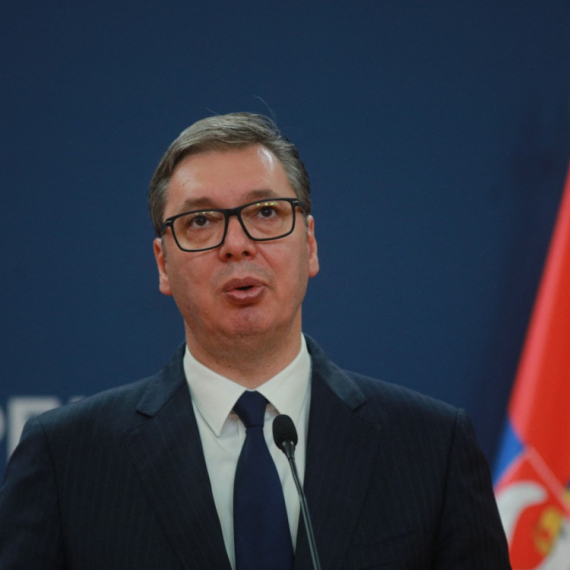









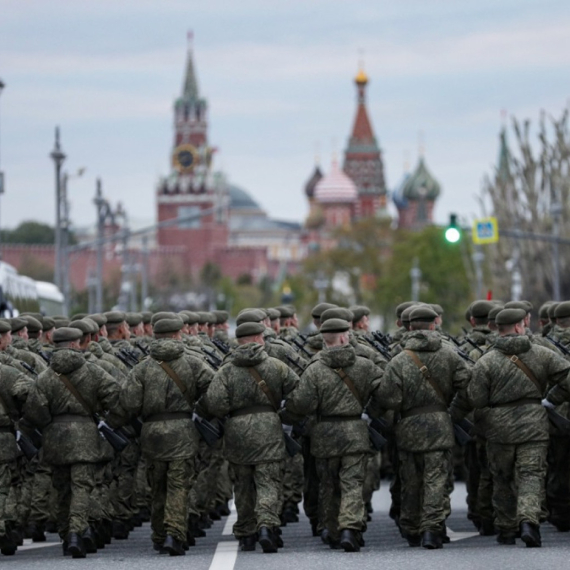
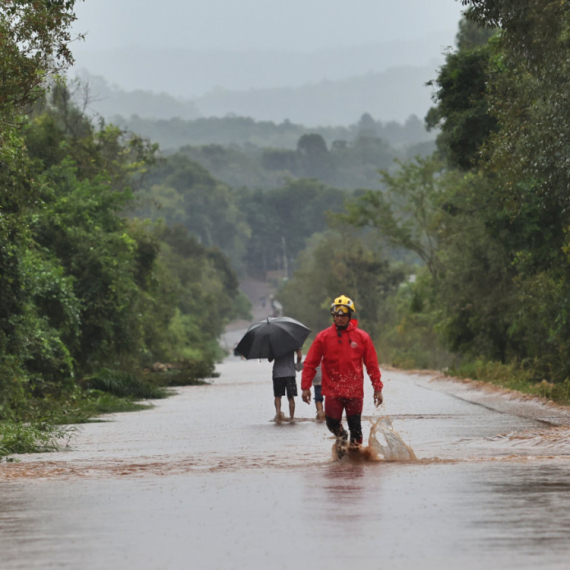
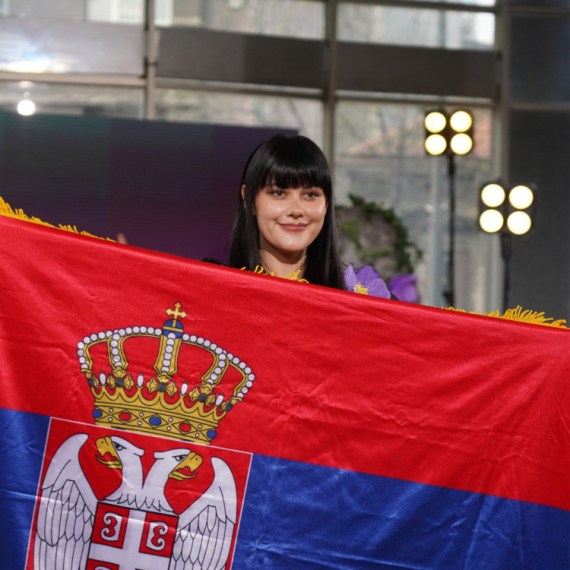


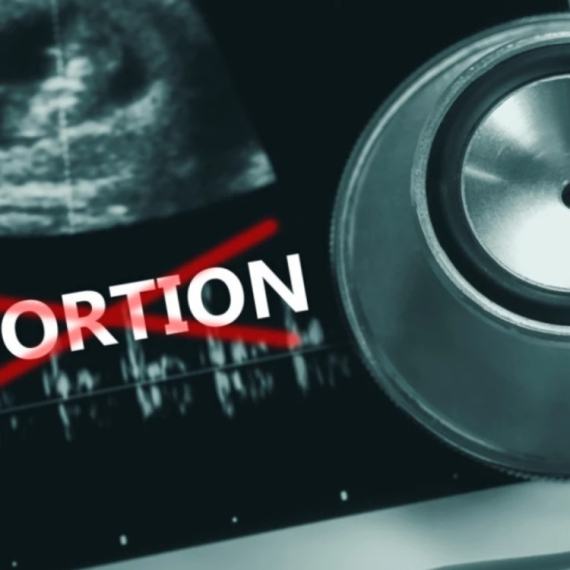
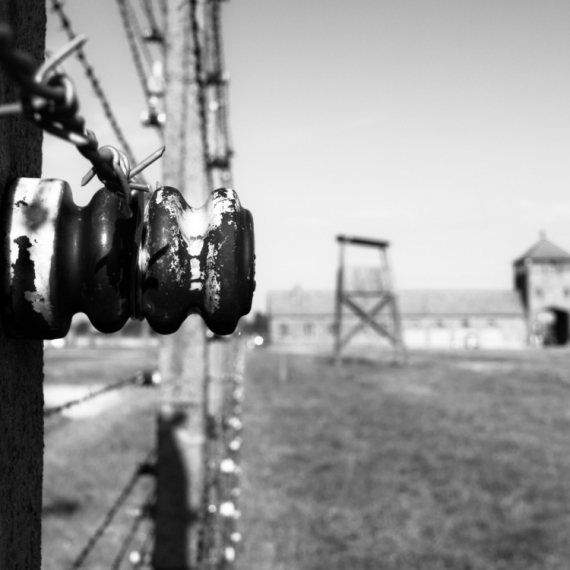
















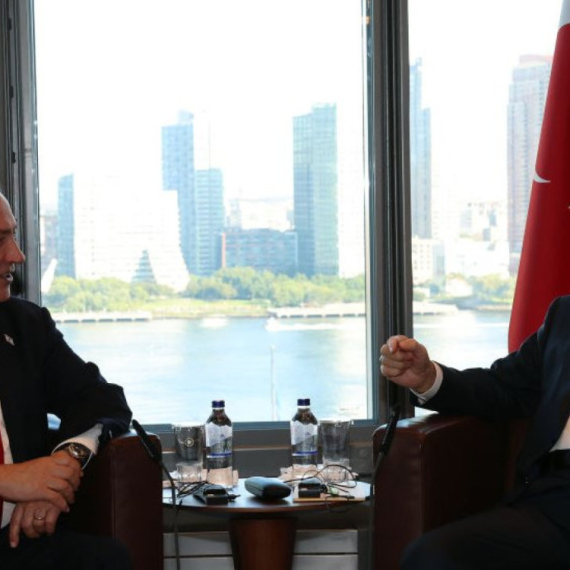


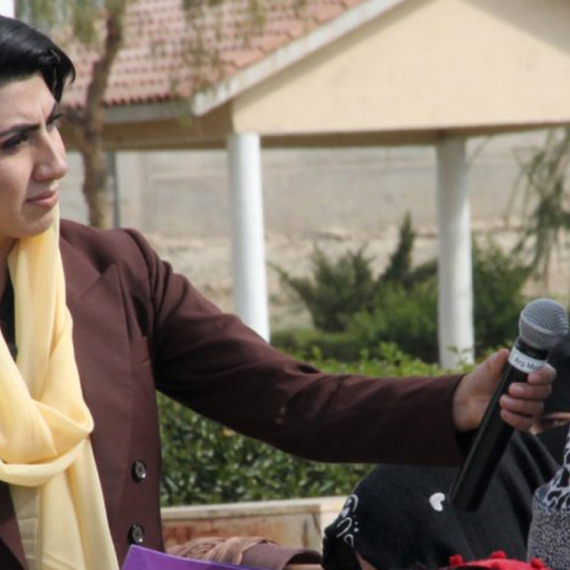

Komentari 25
Pogledaj komentare